What goes into finding your perfect cruising boat? Most of us start with making a list.
Perfect Cruising Boat Features List?
There’s no two ways about it. Everybody wants “all the comforts of home” on their boat. Things like:
- Large refrigerator and freezer
- Lots of fresh water, particularly for showers
- Hot water, too
- Pressure water
- Washing machine
- Lots of power
- Air conditioning (and/or heat)
- Instapot, microwave, blender, maybe an induction stove
- Internet connectivity, particularly unlimited, high speed, and even in remote areas
- TVs and streaming
- Boat electronics: chartplotter, AIS, VHF, etc.
- Toilets with no clogs and no smell
- Larger dinghy, maybe with a steering console
And so on.
On one hand, we realize that all of these have a price tag attached – literally. But they all also add to the complexity of the boat systems.
And complexity has its own price tag.
Balance Features with Complexity
On a AGLCA forum recently (unfortunately I can’t find the thread again to give proper credit), I saw some of the best advice I’ve even seen about buying a boat and deciding what systems you want. “The less handy you are, the simpler your boat should be.”
If you’re not handy, and aren’t particularly interested in learning to be handy, you’re going to be frustrated when things don’t work. And frustrated again as you try to read the owner’s manual and try the suggested fixes. Frustrated a third time as you don’t have the parts or tools because you didn’t think about possibly needing to fix the whatever. And finally, frustrated as you try to find someone to do the repairs for you, the cost, and the delay.
The handy types, on the other hand, figure work arounds until the system can be fixed. To be honest, many even like the challenge of keeping things working. I know that I feel a sense of accomplishment every time I successfully deal with a new problem; I don’t necessarily know how to do everything but I’m pretty willing to dive in. Somehow, it’s just in my DNA that with Google and YouTube, I feel I’ll be able to figure things out.
But what if that’s not you? I’m not saying to have a totally bare-bones boat if you don’t want to deal with repairs and maintenance, but rather to think not just of what creature comforts you want as well as what you are willing to tolerate learning to use and fix.
First Year Cruising
The first year on a boat is a monstrous learning curve. The more systems that are new to you as well as the greater complexity of those systems, the bigger the learning curve will be. Further, the more the systems are interdependent on one another, the bigger the impact of any one thing going down.
For example, a generator is far more complex than solar panels when it comes to generating power for you boat. It needs maintenance, it needs fuel, it needs oil, there are a bunch of spare parts to carry – requiring both $$ and space. (Check out our discussion on different way to generate power at anchor.)
But if you want a bunch of power-hungry creature comforts, a generator may seem to be the way to go. However, if it goes down, that means that your watermaker, Starlink, refrigerator, freezer, microwave, air conditioning, and Instapot are likely to be inoperable as well.
If you’re skilled enough to fix things quickly, it may not be a big problem. But if not, the frustration with the cruising life is just going to build.
When I hear from readers who are quitting cruising sooner than they originally planned, the three biggest reasons are:
- We’ve blown through our budget
- Everything is always breaking
- Health – whether theirs or family
The first two are almost directly related to the complexity of systems on the boat.
Cruiser Discomforts?
People do talk about being hot or cold, the difficulty in doing laundry or getting groceries, or difficulties in working while cruising. But I rarely hear them as the big reason for deciding to sell the boat and move back to shore. They’re only the big reason if people thought these items weren’t going to be issues – that is, the people paid for systems to alleviate them – and they were “constantly breaking down.”
Bottom line: Only you know your relative tolerance for fewer creature comforts or more time and money spent maintaining the systems. I hate to burst anyone’s bubble about the cruising life but it’s simply impossible to have “all the comforts of shore life” and “zero time or money” spent fixing things.
By far the happiest cruisers are the ones with at least moderately simple boats and a willingness to dive into any problems that arise. The least happy are those who feel they need all sorts of creature comforts and yet do not want to learn how to do any of their own troubleshooting.
I want you to love the cruising life. But that means taking a hard look at what systems you feel you need and your skills and budget for keeping them working. If there’s too much of a discrepancy, you’re not likely to enjoy the lifestyle. It’s better to confront these issues before you buy a boat and fit it out.
And, if you do, the perfect cruising boat will be the one you’ve chosen.

Carolyn Shearlock has lived aboard full-time for 17 years, splitting her time between a Tayana 37 monohull and a Gemini 105 catamaran. She’s cruised over 14,000 miles, from Pacific Mexico and Central America to Florida and the Bahamas, gaining firsthand experience with the joys and challenges of life on the water.
Through The Boat Galley, Carolyn has helped thousands of people explore, prepare for, and enjoy life afloat. She shares her expertise as an instructor at Cruisers University, in leading boating publications, and through her bestselling book, The Boat Galley Cookbook. She is passionate about helping others embark on their liveaboard journey—making life on the water simpler, safer, and more enjoyable.
Here’s your “Quick Start” to everything you need to know when living on a boat:
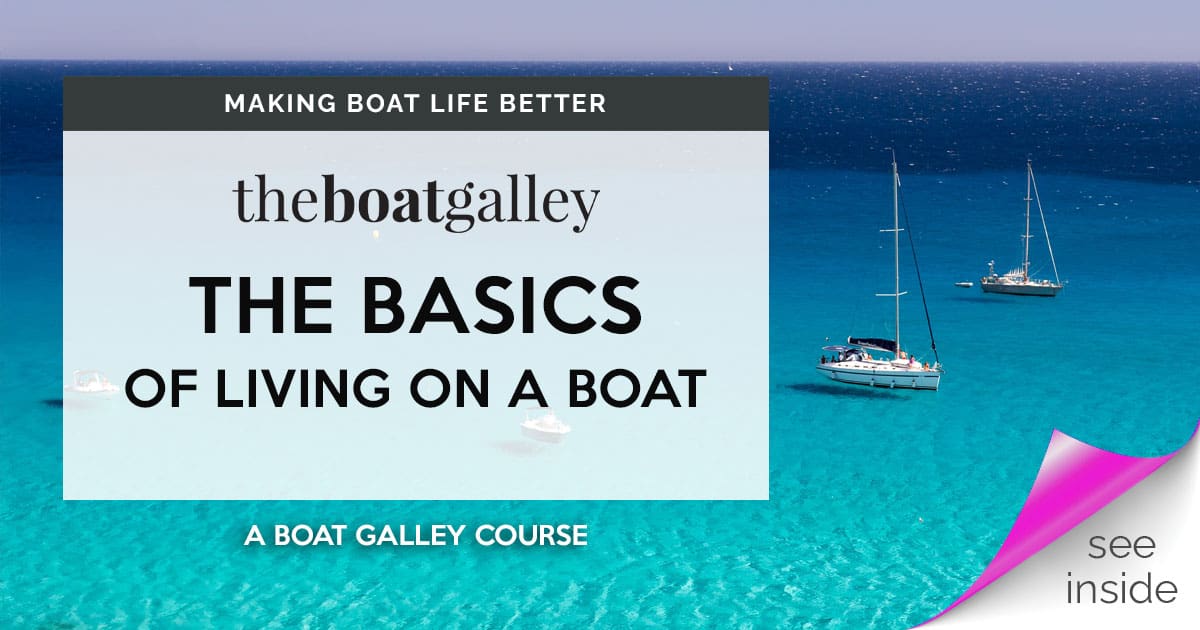

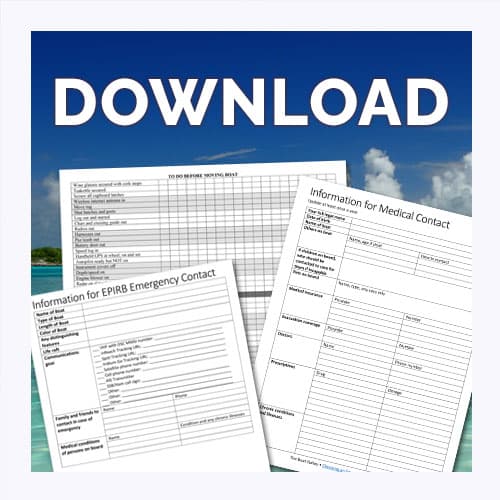


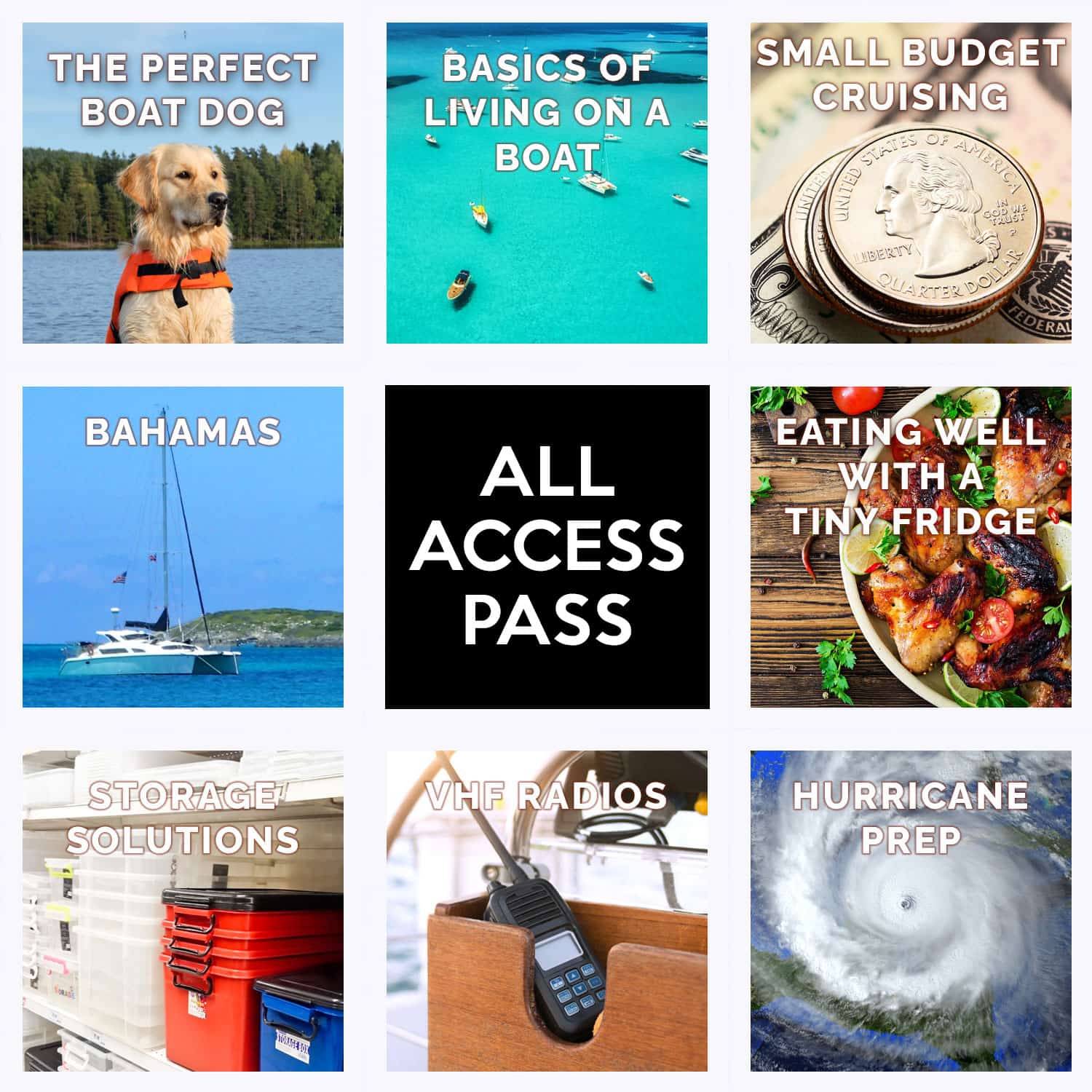
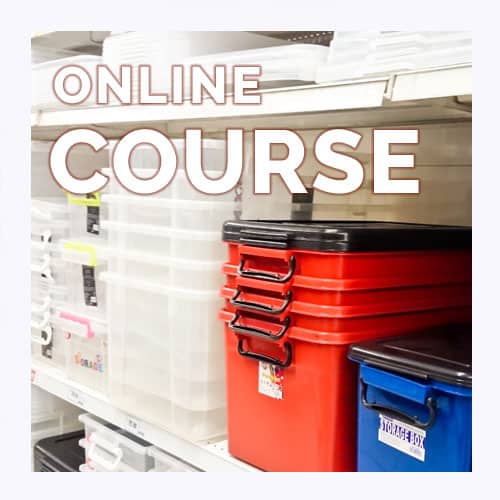

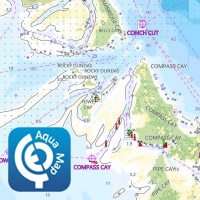
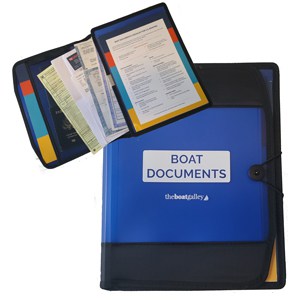

Leave a Reply